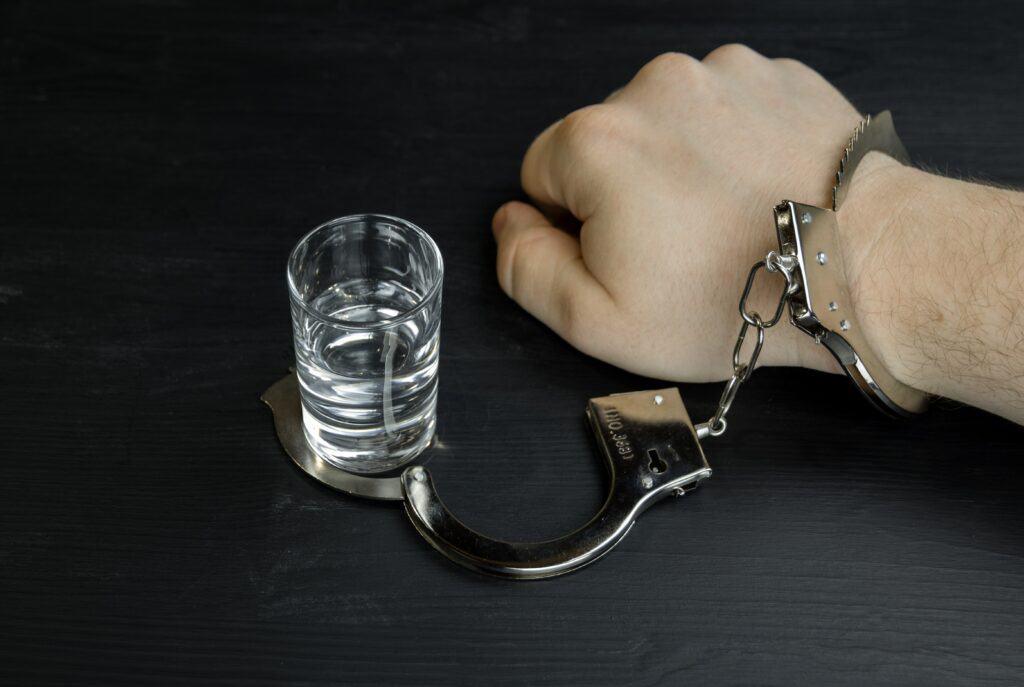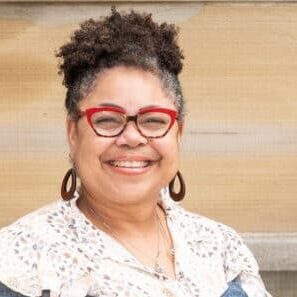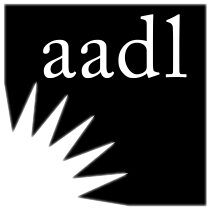April is National Alcohol Awareness month. For this week’s post, we will be talking to Lisa Catledge, a social worker at Catholic Charities Washtenaw County who administers the Get Connected program. Get Connected is a program educating the community on senior issues related to substance abuse, medication management, and mental health.
Senior Resource Connect:
“How would you briefly describe what this program is, and what it does for people?”
Lisa Catledge:
“Get Connected an evidence-based practice toolkit, created by SAMHSA, the Substance Abuse and Mental Health Administration. We at Catholic Charities Washtenaw County, administer this toolkit through a grant by the Community Mental Health Partnership. This allows us to go out into the community and give presentations on substance abuse, mental health and medication management, specifically for and around senior issues.”
SRC:
“What are some of the steps in the process of this program?”
L.C.:
“We do a lot of community outreach for this program, contacting senior housing areas, local libraries, or any type of agency that is involved in seniors and their wellbeing. This could look like an agency that works with substance abuse and has older adult clients, or a local senior center that is looking to promote healthy habits of aging. When someone contacts me at Catholic Charities Washtenaw County, I am able to set up the presentations with them, which are typically one hour each week, for three weeks. We have different formats available for different circumstances, such as a training setting at an agency, versus a local senior living area. Any field that works in and around older adults, or substance use is who we are looking to connect with and discuss how to get this educational material to the community.”
SRC:
“What organizations would you say you work closely with?”
L.C.:
“The Community Mental Health Partnership, who provides our grant for this program is someone that we work with regarding our material. We are looking to improve some of the programming through this next year or so, to update some of the material to be more relative to the time and understandable. Since that will be done in collaboration with CMHP who is funding this project, they will be involved in our work. I also try to point out that, as far as we know, we are one of two agencies in country that is using this toolkit and addressing these issues through this evidence-based practice. I hope that in the near future, with more awareness, that other agencies will take advantage of this material and collaborate with us to make this program even more widespread and better.
SRC:
“What tips do you have for someone with a loved one that’s going through this issue, and may need assistance?”
L.C.:
“Reach out to me! Reaching out to your local community resources is key to getting support and treatment. I am available to help look through what you or your loved one may specifically need.”
SRC:
“Is there anything else you would like to add?”
L.C.:
“It is not easy to think of substance use/abuse in our senior population. It is usually a hidden problem that is not talked about or is ignored. Getting people connected (like Get Connected does), to local resources, and opening the conversation is a huge first step that we can try to take, to educate and empower our community on fighting these issues.”
For more information on Get Connected, or to set up a presentation, contact Lisa Catledge at 734-971-9781 ext. 453






